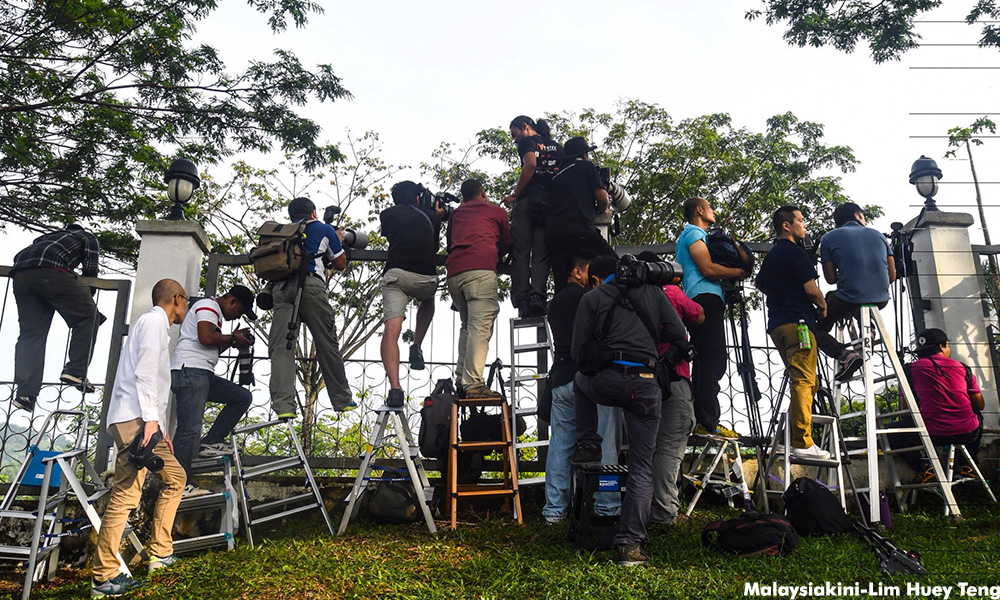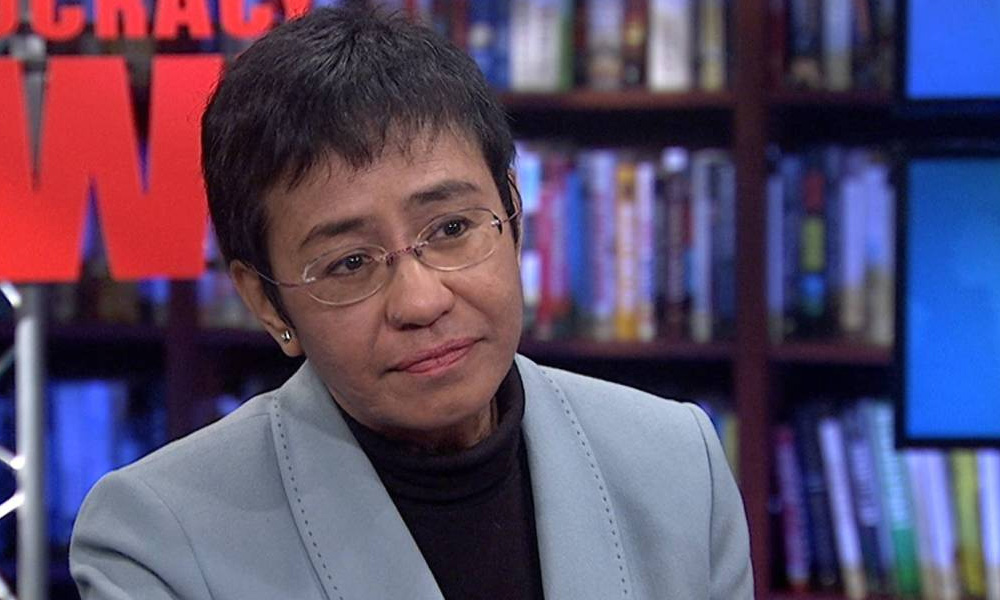Press freedom and the common man

The free press in Malaysia has a long history of being compromised and infringed. From the 1961 takeover of Utusan Melayu by Umno to regular raids on Malaysiakini offices, there has often been intimidation of journalists by politicians who wish to be their master.
Martin Vengadesan, Malaysiakini
It’s so easy to take press freedom for granted, isn’t it? Did you get worked up upon reading reports that the Philippines had arrested Rappler CEO Maria Ressa?
I doubt it. I know that those of us in the media fraternity were upset, but why should a member of the public care? Most likely, it seems like a distant issue.
By now, so does the murder of Saudi dissident journalist Jamal Khashoggi last October, although at the time many were angered by the brazen operation allegedly ordered by Saudi crown prince Mohammed bin Salman (as an aside, the more cynical among us could argue that it makes it easier to forgive and forget if the alleged perpetrator comes bearing bags of cash).
But why does press freedom deserve a prominent place in the layman’s estimation? Particularly at a time when everybody feels qualified to be a citizen journalist or social commentator/influencer?
As far as I am concerned, it’s still a critical barometer of the quality of life society can offer to its citizens.
That’s why we have to speak up when an injustice is carried out against the free press (and indeed, that other bastion of independence from the executive, the judiciary).
The detention of Ressa (photo) was almost certainly at the prodding of the not-so-hidden hand of would-be authoritarian leader Rodrigo Duterte.

So great is the desire of many political leaders to control the narrative that lives are often snuffed out should they get in the way. I am not saying it’s ever gotten that bad in Malaysia, it hasn’t. But the tight grip of power has been felt before.
One of my first glimpses of this was when I was 14 and I saw lord president Salleh Abbas in conflict with then-prime minister Dr Mahathir Mohamad.
Essentially, Salleh and other leading judges were dismissed for having the temerity to make judgments of their own accord on the legal status of a fractured Umno.
This occurred around the same time as a clampdown on the press that included The Starbeing shut down for five months just for reporting the detentions under Operation Lalang.
At that age, it occurred to me that something was wrong, but I could not possibly see the ramifications.

